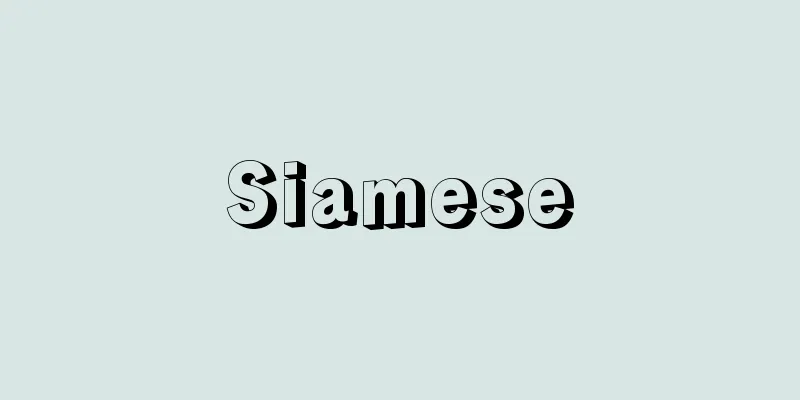Boxers

|
The Boxers were a religious secret society, also known as a branch of the White Lotus Sect, that advocated "supporting the Qing and destroying the foreign powers" and engaged in violent anti-foreign movements due to the social contradictions of the time, the spread of Christianity, and German advances. They did not have a unified leadership like the Taiping Heavenly Kingdom, but were a collection of Boxers from various regions. After being defeated by Yuan Shikai in Shandong, they moved north and advanced to Beijing and Tianjin in June 1900. Their influence spread to Hebei, Shanxi, Henan, and Manchuria, where they attacked churches and persecuted missionaries and foreigners. The riots became even more violent when the Qing dynasty supported the Boxers and declared war on foreign nations. As a result, an allied force of eight countries, including Japan (Britain, the United States, Germany, France, Russia, Italy, and Austria), was sent in, and the revolt was put down in August. In 1901, the Qing Dynasty concluded the Treaty of Xin Chou (the Beijing Protocol) with other countries, allowing foreign troops to be stationed in China and furthering semi-colonization. In Japan, the war from the Boxers' advance into Kyoto and Tsu to the allied forces' suppression is called the "Northern Qing Incident." → Related topicsSummer Palace|Yongle Ceremony|Yellow Peril|Black Flag Army|Sato|Prince Su|Qing|Tsinghua University|Empress Dowager Cixi|East Asian Common Culture Society|Russo-Japanese War|Hart|Blagoveshchensk|Pelliot|Yamagata Aritomo Cabinet|Rei Source : Heibonsha Encyclopedia About MyPedia Information |
|
1899年中国,山東省で起こった反キリスト教(仇教)暴動をきっかけに,華北一帯に広がった反帝国主義運動の主体。義和団(義和拳)は白蓮(びゃくれん)教の一派ともいわれる宗教的秘密結社で,当時の社会矛盾,キリスト教布教,ドイツの進出などへの反感から,〈扶清滅洋〉を唱え,武力的排外運動を行った。太平天国のような統一指導部は持たず,各地の義和団の集合体であった。山東で袁世凱に退けられるや,北上し1900年6月には北京および天津に進出。河北,山西,河南,満州の各地に波及し,教会襲撃,宣教師・外国人の迫害を行った。清朝が義和団を支持し対外宣戦を布告したため,暴動は一層激しくなった。このため日本を含む8ヵ国(英,米,独,仏,ロシア,イタリア,オーストリア)連合軍の出兵となり,8月には鎮圧された。1901年清は列国と辛丑(しんちゅう)条約(北京議定書)を締結,外国軍隊の駐留を認めるなど半植民地化が進展した。日本では義和団の京・津進出から連合軍の鎮圧にいたる戦争を〈北清事変〉と呼んだ。 →関連項目頤和園|永楽大典|黄禍論|黒旗軍|サトー|粛親王|清|清華大学|西太后|東亜同文会|日露戦争|ハート|ブラゴベシチェンスク|ペリオ|山県有朋内閣|レイ 出典 株式会社平凡社百科事典マイペディアについて 情報 |
<<: Extreme writing - Extreme writing
>>: Cotton Inspection - Kiwatakemi
Recommend
Ngojumba Kang (English spelling)
…It has been scouted since 1952, and in 1964, the...
Eclipse - Eclipse
Also known as an occultation. A phenomenon in whic...
Astasia
…Some species of Euglena, such as E. gracilis Kle...
Hagoromono-ki (English spelling) Silk oak
An evergreen tree of the Proteaceae family native ...
Alaminos, A.de - Alaminos
…Also, in the same year, V. da Gama sailed north ...
Gunu (English spelling)
… [Composition and Usage] Cuneiform characters ar...
Tropomyosin - tropomyosin
One of the regulatory proteins in skeletal muscle...
Texarkana (English spelling)
A city in the United States of America, straddling...
Herpes
Also known as herpes. A condition in which small b...
Odawara Domain Record - Odawara Domain Record
This is an account book created by the Sengoku dai...
Vértesszöllös man (English spelling)
A fossil human from the Middle Pleistocene period ...
gourd
Also known as 'Citrine'. A deciduous shrub...
Szálasi F.
…In World War II, Hungary fought on the side of t...
Inagawa [town] - Inagawa
A former town in Ogachi County in the southeastern...
Solar day - solar day
〘Noun〙 The time it takes for the sun to cross the ...









